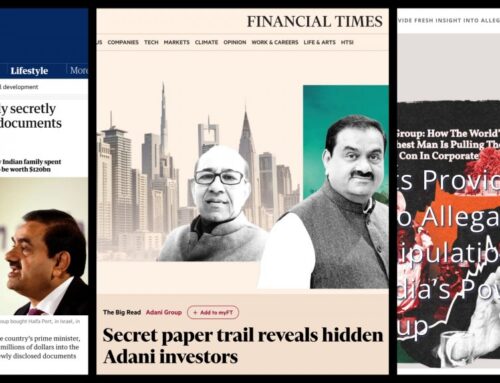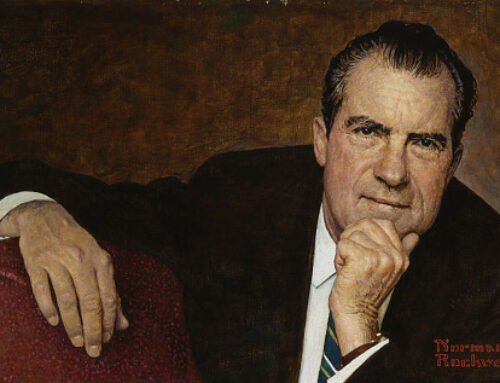The story did not start in 2016. Nevertheless, the level of satraps and their fiefdoms told us many things.
Succession was always the issue in the Tata group since controlling the tata sons was not much tighter.
Let’s start from JRD tata and all his satraps. Russi Modi, Ajit Kerkar, Darbari Seth, Nani Palkhiwala, etc.
Ratan Tata studied at Cornell University, specialized in architecture, and had an offer from International Business Machines Corp., but returned to India because his grandmother was unwell and joined Tata Steel Ltd (then known as Tata Iron and Steel Co., or Tisco) as an apprentice on the shop floor of its Jamshedpur plant. The year was 1962.
In 1977, he was asked to turn around another troubled company, the Mumbai-based Empress Mills. Tata managed to do so but was refused an investment he thought was required. The Mumbai textile workers’ strike led by Datta Samant also hurt the company, which closed down in 1986.
This was nothing to do so with the Tata sons and succession issues. The fight was going on at different levels.
The structure of the Tata group was not the same during the JRD Tata.
Jehangir Ratanji Dadabhoy Tata, Also known as JRD Tata, was the 4th chairman of tata sons serving from 1938 to 1991. So we can say that the tata group and tata sons grow under him. But while, at the end of his tenor, he realized something, and that something is still under extensive discussion.
Before going to this subject, I wanted to mention that Management is an art, and it is always possible that two different people can think about the same problem. In addition, two managers may have two other theories and ways to handle issues.
And so it does. Under JRD, Tata loves giving independence to the people working under him. I can name many peoples under him whom he treats like a diamond, and they indeed were. Ajit Kerkar, Darbari Seth, Nani Palkhiwala Rusi Mody, and many others. Ratan Tata has little different ways to handle it. Ratan Tata loves to keep decisions centralized. Nothing wrong with it. Sometimes a company needs to be like that. But sometimes, how much to make centralize it and how much to give independence is a critical mixture.
Due to his behavior, JRD tata made some Satraps in the Tata group. During the late 80s, he realized that his retirement time was close, and he needed to find one good man to hand it out. Sources say that his first choice was not Ratan Tata but Nusli Wadia. So he denied and convinced JRD to give it to Ratan Tata. Nusli Wadia indeed helped Ratan Tata handle the Satraps.
Russi Mody fought tough to retain control over Tata Steel as its CMD. Mody joined Tata Steel in 1939 and became its chairman in 1984. Tata Sons, led by Ratan Tata, then dusted the group’s forgotten retirement policy that directors above 75 would have to resign from Tata boards. Mody had no choice but to go. The next was Darbari Seth. He had to leave Tata Chemicals and Tata Tea as per the retirement policy, but he managed to get his son Manu Seth appointed as MD of Tata Chemicals. He also resigned later. However, Ajit Kerkar, who was running Indian Hotels, resisted, and the retirement policy did not work here as Kerkar had a few more years. The Tatas prepared a dossier including alleged FERA violations to get Kerkar out.
This was a good material for the media to even talk till 2013. During one interview Nani Palkhiwala, chairman emeritus of ACC, clarified that he never suggested that Darbari Seth, chairman emeritus of Tata Chemicals, betray the Tatas’ confidence.
But what is coming to them is not visible in 2013. It looks like tata sons is a place of politics. So I am very interested to see what is coming.




